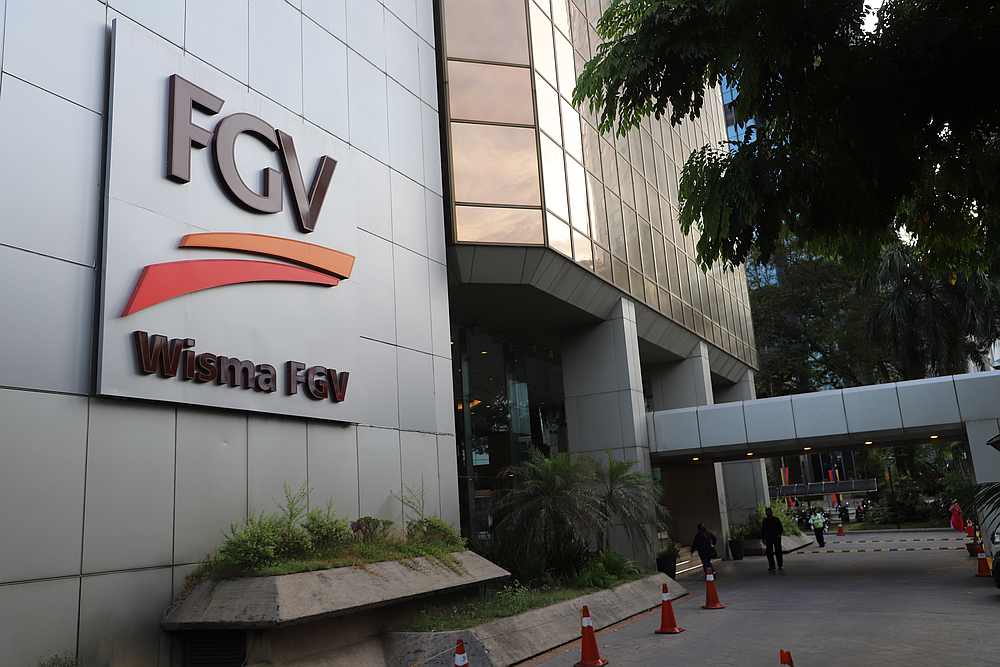KUALA LUMPUR, Jan 8 —FGV Holdings Bhd (FGV) is reaping the benefits of new revenue streams in the circular economy, said chairman Datuk Wira Azhar Abdul Hamid.
Citing animal feed as an example, he said in the last 12 months, FGV managed to double its sales volume, revenue and sales margin for the product.
“In the past, 97 per cent of FGV’s palm kernel expeller—which is an ingredient for the formulation of animal feed—was sold and exported as raw materials at a very low price to feed manufacturers.
“Now, we have appointed an animal nutrition specialist to add value to the products and increase the margins from 3-5 per cent to more than 10 per cent,” he said in a letter to shareholders posted on the Bursa Malaysia website today.
The company produced 21,652 tonnes of animal feed in 2019 compared with 10,182 tonnes in 2018, and revenue from the product jumped to RM9.93 million from RM5.63 million previously.
Sales margin also improved significantly to RM61.76 per tonne from RM34.43 per tonne, said Azhar, adding that this year, FGV aimed to produce 50,000 tonnes of animal feed and launch two new premium feed formulation for dairy cattle.
Meanwhile, the chairman said the company’s renewable energy division—previously a low profit-making business—made RM46 million in profit in 2018.
He added that FGV aimed to achieve an annual revenue of between RM200 million and RM300 million by further unlocking the value of milling processes’ waste from by-products.
The plantation company also plans to optimise the value of its assets.
“For instance, the land that we own or manage is almost entirely dedicated to the cultivation of oil palm. This does not have to be the case,” said Azhar.
He said FGV had also identified other agricultural revenue streams such as tropical fruits, animal nutrition, dairy and livestock farming as well as paddy cultivation.
“We estimate that the investment required is manageable, and the potential gains are tremendous.
“Every plan has been challenged and scrutinised thoroughly, and there is no reason why FGV cannot succeed in all of these ventures,” he noted.
Azhar added that over the last 12 months, FGV achieved many successes, mainly in the plantations sector.
Unfortunately, crude palm oil (CPO) price remained frustratingly low for most of the year and FGV’s business transformation continued to unearth legacy issues, he said.
“We also knew that the transformation would involve far more than just a clean-up of questionable investments, which have not only cost us billions of ringgit, but are now taking up considerable management time and attention as we plough through legal processes to protect the interests of our shareholders,” he said.
However, the chairman said that FGV was on the right path towards a new and far better future, despite some lingering challenges with its subsidiary, MSM Malaysia Holdings Bhd.
“Meanwhile, the recent upturn in CPO price certainly provides a welcome respite to the palm oil sector as a whole.
“While palm oil will remain a mainstay of our business, we will also deliberately and carefully redeploy appropriate resources into higher value and synergistic sectors to mitigate against the risk of CPO price fluctuations,” he added. — Bernama






















